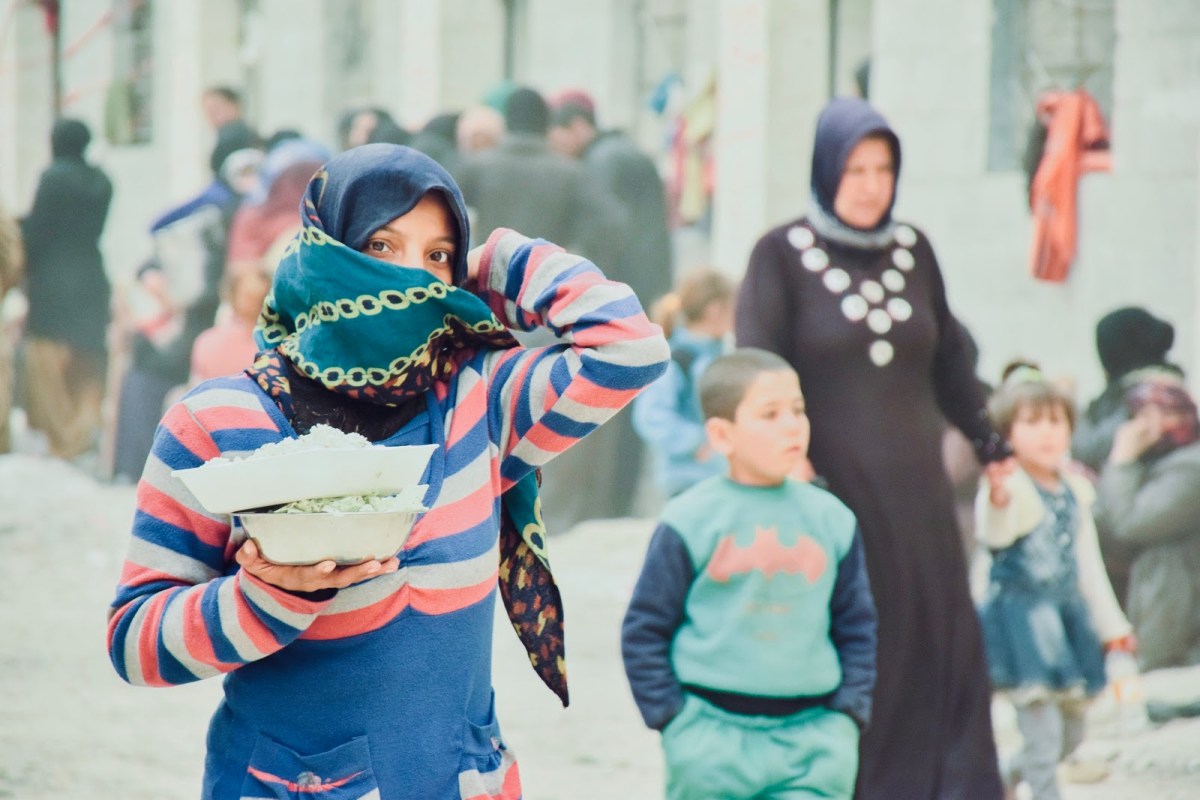An ISIS suicide attack killed four Americans, including two soldiers, in Syria this week. Several Syrian civilians also were also killed.
Five hours later in Washington, Vice President Mike Pence gave a speech declaring “the caliphate has crumbled and ISIS has been defeated.” A few weeks earlier, the president declared victory over ISIS in Syria, as he announced the withdrawal of US troops.
The caliphate has indeed crumbled—from the shattered remains of the Mosul mosque where Abu Baker al-Baghdadi first announced it in 2014, to the rubble of Raqqa, ISIS’s one-time capital in Syria.
But ISIS is not defeated. As we’ve said before from our vantage point on the ground in Syria and Iraq, they still pose a lethal threat to civilians and soldiers alike.
They still control territory along the Syria-Iraq border.
They still command between 10,000 and 20,000 fighters.
They still possess the power to strike well beyond their limited territory, as this week’s attack proves. ISIS hasn’t held Manbij, the site of Wednesday’s attack, for more than two years. But that didn’t stop them from striking with deadly force.
For families across Syria and Iraq, the threat of ISIS is alive and well. That hasn’t changed.
Perhaps what’s really changed is that we don’t feel the threat like we once did.
When ISIS stretched over a third of Iraq, when they held huge swaths of Syria—the whole world froze in fear. When ISIS launched or inspired attacks as far away as France, Belgium, and the US, we all paid attention.
ISIS became more than just another terror group in our collective imagination. They became an existential threat. They became a larger-than-life villain.

Fear is a powerful motivator. It can cause nations to send young women and men marching toward death. In can cause walls to be built and lines to be drawn and whole communities to be scapegoated.
Fear can also inspire extraordinary acts of compassion and courage, as we’ve seen in the wake of one crisis after another—in Aleppo, Mosul, and beyond. So many people all over the world have showed up time and again for those who have endured the worst of ISIS’s hatred.
But as ISIS lost territory, as their caliphate crumbled, the fear receded. As long as we could feel the threat of ISIS ourselves, it was relatively easy to see how our wellbeing is bound up in the wellbeing of those in Syria and Iraq who ran for their lives, with ISIS in hot pursuit.
But now?
It may not be as easy to see—but our wellbeing is still bound up in theirs. We still belong to each other. Their pain is still our pain.
Abandoning Syria or Iraq now means forsaking families to the same fate all over again. It means leaving a vacuum for extremists to exploit—to regroup and strike again, as they have so many times before.
That’s why we’re digging in. With you. For our friends in Syria and Iraq.
Just over an hour’s drive from the site of this week’s attack, we’re repairing bombed-out homes so families can return in safety. In the countryside near Aleppo, we’re providing the seeds, tools, and support rural families need to return to their farms. Elsewhere, we’re giving displaced families what they need to survive the winter. We’re providing medical care where the hospitals have all been destroyed.
And this is only the beginning. In 2019, we’ll dig in deeper—helping families get back on their feet and remake home. While the world turns its back on Syria, you can choose another way. You can press in with us and stay—until families are truly safe from the threat of war and extremism.


